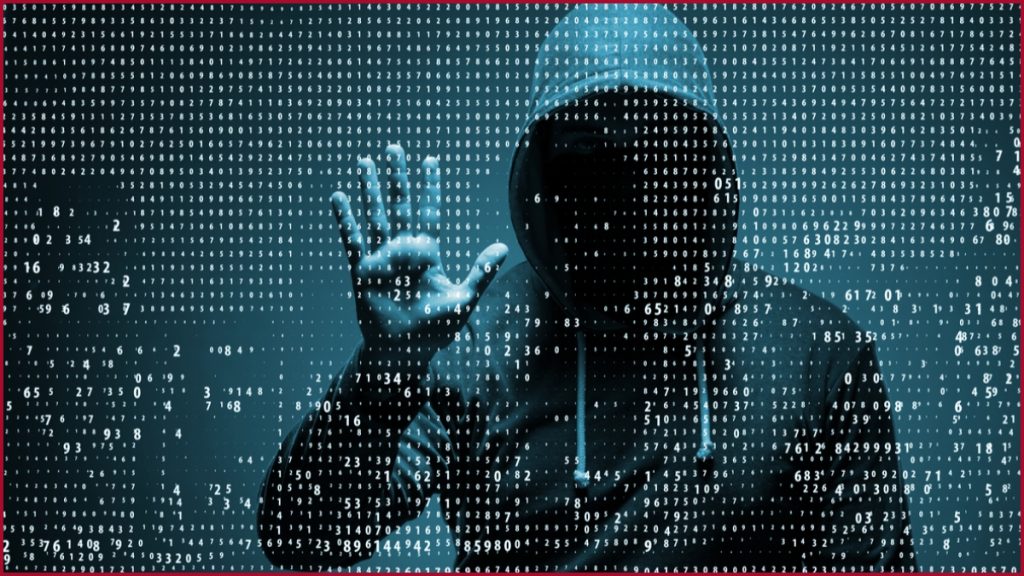New Delhi: I remember that date.
It was on December 17, 2020, when cops of the Delhi Police arrested over 50 people – through their fake call centres – who had swindled $14 million from over 4500 US citizens.
The victims were told that their bank accounts could be seized by multiple US enforcement agencies because the accounts were linked to drug cartels in Mexico and Columbia. The victims were made to transfer cash or risk going to jail.
Cybercrime is a big issue in India, the world’s biggest zone for such frauds.
Penguin India’s Cyber Encounters: Cops Encounters With Online Criminals highlights why the crime has gained such momentum in the world’s most populous nation. The book, interestingly, has a foreword by Amitabh Bachchan, Bollywood’s bigshot actor who also lost some petty cash (read Rs 5 lakhs) to some online fraudster.
So let’s toss some figures here. Microsoft’s 2022 study says seven out of 10 Indian consumers have faced tech support related scams and one third of Indians have been victims of cyberattacks and lost cash. The report says no other country in the world has lost so much cash as India. There was no figure mentioned in the report. I read in a report that in 2022, 2,500 cyber fraud cases were registered in the country every day. And cybercrime constituted half the total number of crimes reported in India last year. This is serious, right?
The authors, Ashok Kumar, a trained engineer turned award-winng cop and OP Manocha, a DRDO scientist and a cyclist, runner, blogger all rolled into one, have raised some very valid concerns.
The authors make one thing clear in the book. That call centres are an integral part of India’s expansive outsourcing industry, generating a little over $30 billion in annual revenue and employing roughly 1.3 million people. But India is also a hotspot for online fraud and worse, perpetrators rarely punished. Such is the scale of cybercrimes that cops across India have now created dedicated units to deal with the problems.
Fraudsters – they are mostly teenagers – do all kinds of stuff online. They speak with American accents and read from vetted scripts and penetrate your virtual life. Some men do voice modulation – like the fraudster Sukesh Chandrashekhar did from Tihar – and sound like teenage women. Some cheat thousands in the US by putting malware onto their computers and then offering to fix them for a price. Some send pornographic websites to people to bug computers and direct the users to buy iTunes gift cards or charge them up to $700 each to debug. Some have impersonated as Indian Revenue Service (IRS) officers and offered to fix income tax issues. The scammers never work in isolation, they have sleeper partners who help them to leak data that can be encashed for greenpacks.
I found it interesting that Cyber Encounters was released at the Indian Institute of Technology (IIT) Delhi, a very unlikely venue for book launches but I have a feeling that the authors wanted to talk about the crime at a place which has stakeholders adept to handle such a humongous crisis. The book presents some 12 accounts of real cybercrimes relating to fake identities on social media, ranging from card cloning, sextortion, ransomware to phishing. It also offers tips to people to check cybercrimes that were being committed by people sitting in India’s hinterland.
Cops, the book claims, are working overtime to pursue the digital footprint of the criminals and bring the lost cash back. And that is precisely the book listed in 12 gripping stories – all solid lessons in technology – of the cops. Want samples? A URL (uniform resource locator) that starts with https (the last letter S meaning secure) is dangerous. It is an invitation to scamsters to mess your life. The book lists some brilliant examples, like senior citizens offered chopper rides to visit a temple in the upper reaches of Uttarakhand, some getting scammed and paying Rs 66 lakh for a dog worth a few thousands and someone cloning ATM cards using the ATM skimming technique.
Says Bachchan: “On the Internet, nothing is completely private, and once something goes online, it is difficult to control its spread. This book has attempted to explain everything in straightforward terms using anecdotes and personal experiences. They serve as a vital eye-opener by illuminating both typical and uncommon cybercrimes.”
India’s top-rated actor knows what he is saying, what he has written. Last December, the Reuters wire agency reported that around five million people globally have had their data stolen and sold on the bot market till date, of which 600,000 are from India.
It is important to be safe, says the book. Let copies reach schools and colleges, let the student community learn what they should do and what they should not do when online.

